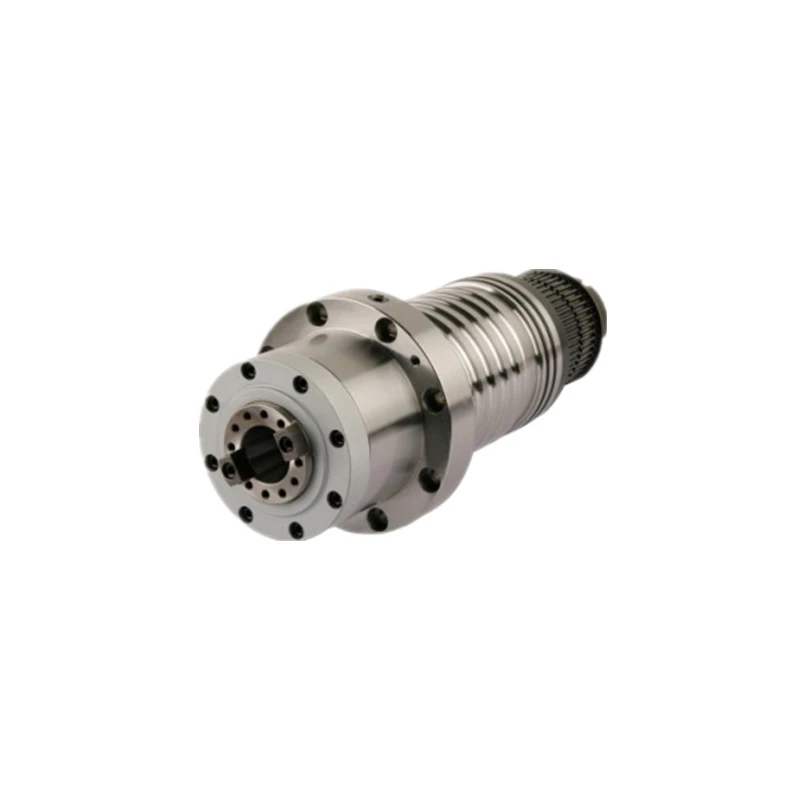3 月 . 07, 2025 13:33 Back to list
Ball Bearings VS. Sliding Bearings: Exploring the Edge of Ball Bearings in Automotive Applications
In the world of mechanical engineering, bearings play a crucial role in ensuring the smooth operation of various machinery. Among the diverse bearing options, two common types are ball bearings and sliding bearings. At PROKEY, a leading bearing suppliers in the bearing solutions domain, we understand the significance of making the right bearing choice, especially in industries like automotive manufacturing. Let’s take a closer look at the differences between these two bearing types and why ball bearings often come out on top.

Ball Bearings VS. Sliding Bearings: Friction and Efficiency
One of the most significant differences between ball bearings and sliding bearings lies in their friction characteristics. Sliding bearings operate on the principle of two surfaces sliding against each other. This direct contact results in relatively high friction, which not only requires more energy to overcome but also generates a substantial amount of heat. In contrast, ball bearings, such as trust ball bearing, use spherical balls to separate the inner and outer races. The rolling motion of these balls significantly reduces friction. In automotive manufacturing, where energy efficiency is a key concern, this low-friction nature of ball bearings can lead to significant savings in power consumption. For example, in conveyor systems that transport heavy automotive components, ball bearings enable smoother movement with less energy input, increasing the overall productivity of the assembly line. Deep groove ball bearings, in particular, are renowned for their ability to minimize friction, making them an ideal choice for high-speed applications.
Ball Bearings VS. Sliding Bearings: Load-Bearing Capacity
Both ball bearings and sliding bearings can handle different types of loads, but they have their own strengths. Sliding bearings are generally better at handling heavy static loads due to their large contact area. However, when it comes to dynamic loads and high-speed applications, ball bearings take the lead. Ball bearings, including angular contact ball bearings, are designed to distribute loads evenly across the balls, allowing them to handle both radial and axial loads efficiently. In automotive engines, which operate at high speeds and experience fluctuating loads, ball bearings are the preferred choice. They can withstand the rapid rotation of shafts and the forces generated during engine operation, ensuring the smooth running of the engine and contributing to better fuel efficiency. Angular contact ball bearings, with their unique design, are especially effective in handling combined radial and axial loads, making them suitable for automotive applications where complex forces are at play.
Ball Bearings VS. Sliding Bearings: Precision and Wear Resistance
Precision is of utmost importance in many mechanical applications, especially in automotive manufacturing. Ball bearings offer higher precision compared to sliding bearings. The spherical shape of the balls and the well-defined raceways in ball bearings allow for more accurate rotational movement. This precision is crucial in applications such as robotic arms used in automotive assembly. These arms need to position components with extreme accuracy, and ball bearings enable them to do so. Additionally, ball bearings tend to have better wear resistance. The rolling action of the balls reduces the surface-to-surface contact and wear, resulting in a longer lifespan. In contrast, sliding bearings are more prone to wear and tear due to the continuous sliding motion, which may require more frequent maintenance and replacement.
Ball Bearings VS. Sliding Bearings: Noise and Vibration
Noise and vibration are major concerns in applications where a quiet and smooth operation is desired. Ball bearings generally produce less noise and vibration compared to sliding bearings. The rolling motion of the balls in ball bearings is more consistent and less likely to cause vibrations. In luxury car manufacturing, where a quiet and comfortable interior is a top priority, ball bearings are used in various components such as electric motors for windows and seats. Their ability to reduce noise and vibration contributes to a more pleasant driving experience for consumers. Deep groove ball bearings, with their smooth-running characteristics, are often the go-to choice for applications where noise reduction is critical.
When it comes to choosing between ball bearings and sliding bearings, especially in the demanding automotive manufacturing industry, ball bearings offer numerous advantages. At PROKEY, as a trusted bearing supplier, we leverage our expertise and partnership with leading bearing manufacturers to provide high-quality ball bearing solutions. Our customized ball bearings, whether it’s trust ball bearings or other types, are designed to meet the specific needs of automotive manufacturers, whether it’s for high-speed engine applications or precision-oriented assembly line equipment. Don’t miss out on the opportunity to enhance your automotive manufacturing processes. Come and choose PROKEY’s ball bearing products today! Our top-notch products and services will surely bring you unexpected surprises and help you achieve greater success in your business.
-
Why Steel Mills Rely on FODA’s High-Temperature Cylindrical Roller Bearings?
NewsApr.10,2025
-
What is a Plain Bearing? A Complete Guide to Design & Functionality
NewsApr.10,2025
-
Thrust Ball Bearings vs. Tapered Roller Bearings: FODA’s Performance Comparison
NewsApr.10,2025
-
The Engineering Behind FODA Thrust Ball Bearings: Precision for High-Speed Applications
NewsApr.10,2025
-
No More Compromises: Get Precision-Engineered Custom Bearings Tailored to Your Exact Specifications
NewsApr.10,2025
-
In-Depth Analysis: Application Differences of Different Types of Angular Contact Ball Bearings
NewsApr.10,2025
Products categories
















